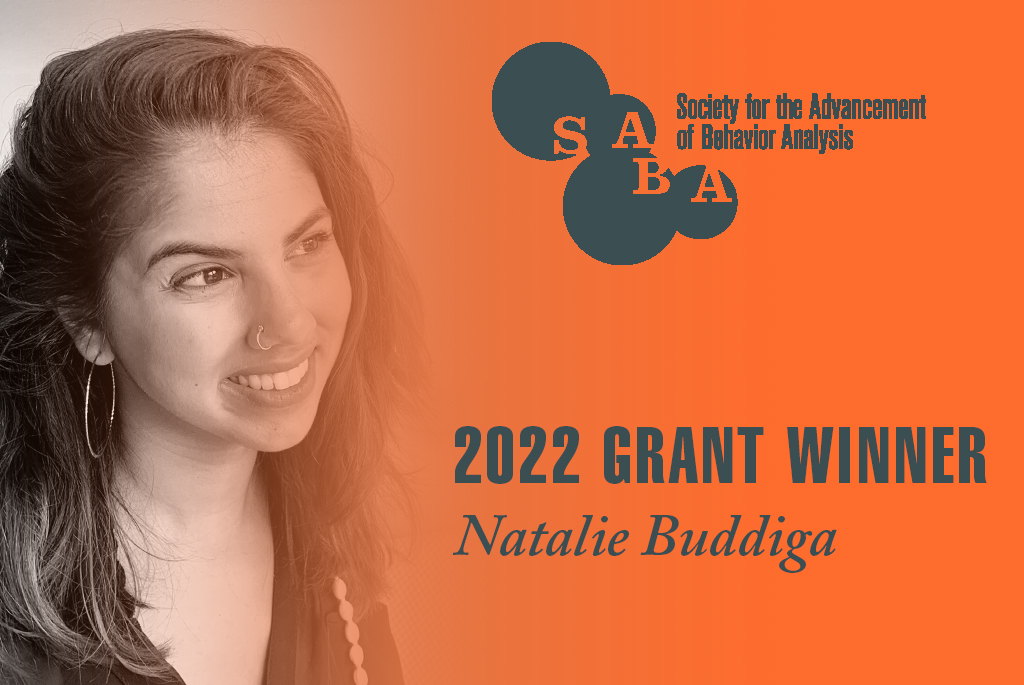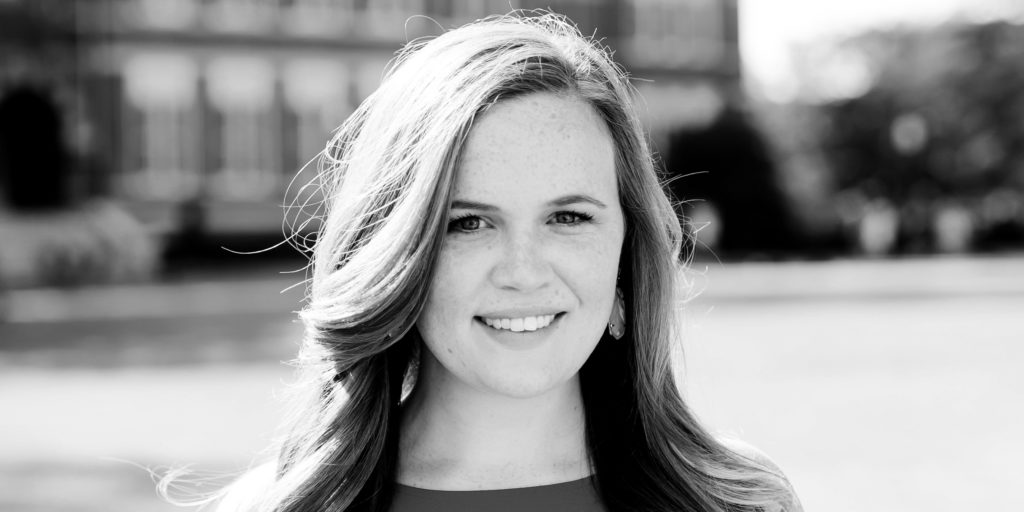Social Distance and the Related Constructs of Altruism and Cooperation

By Natalie Buddiga, 2022 awardee of an Innovative Student Research – Doctoral Dissertation Grant
When an individual chooses to march in protest for the equal rights of another group, it is an altruistic choice. And when a manager takes advantage of an employee with rude sexual comments or advances, it is a selfish choice. Choosing between a selfish and altruistic/cooperative option is called a social dilemma—“a choice between acting so as to maximize one’s own reward and acting so as to maximize the reward to a group of people” (Rachlin & Jones, 2010, p. 416). Different treatments and interventions are aimed at decreasing this selfish choice in these social dilemmas, yet our scientific understanding of selfishness and altruism is still growing. Social discounting provides an avenue through which to grow research related to altruism. It describes how the value of a reinforcer decreases as the recipient increases in social distance. Social distance, the changing parameter, is usually established by stating “imagine that you have made a list of the 100 people closest to you in the world ranging from your dearest friend or relative at position #1 to a mere acquaintance at #100,” (Jones & Rachlin, 2006, p. 284). While this social distance ordinal rank produces orderly social discounting, the lack of research on the construct itself precludes a scientific understanding of altruism. Thus, Natalie’s research is concerned with social distance and the variables which influence it. Using a prisoner’s dilemma game, relevant variables, including delay and power, will be manipulated in order to evaluate their influence on social distance. Through this research, Natalie aims to enhance our scientific understanding of social distance and the related constructs of altruism and cooperation.


